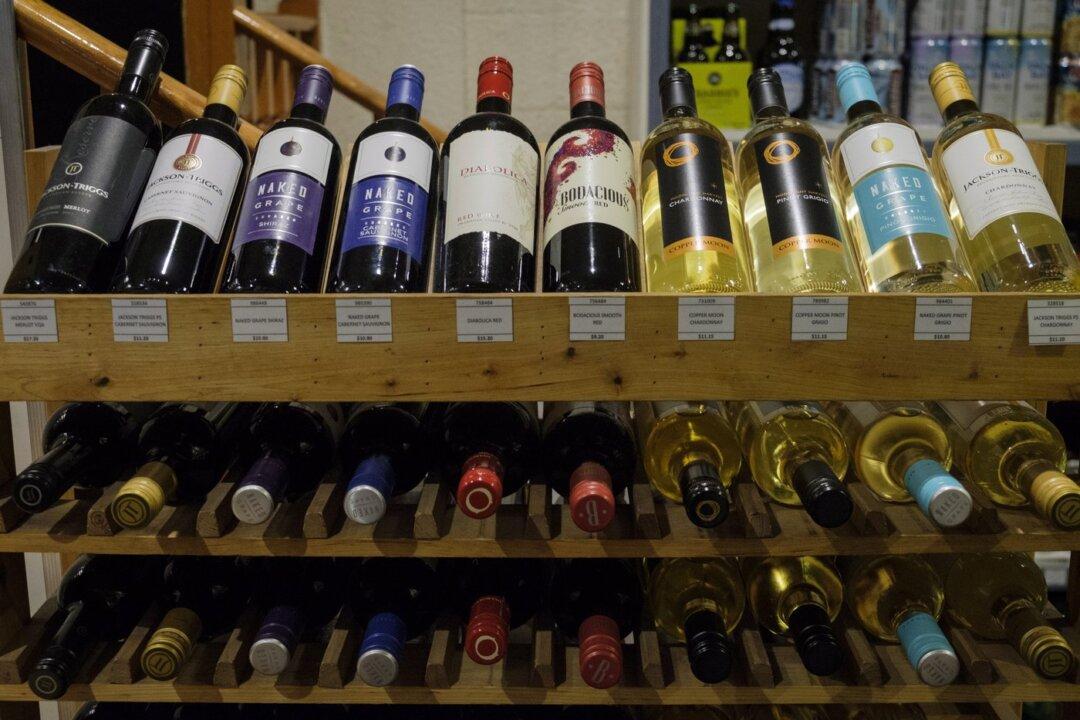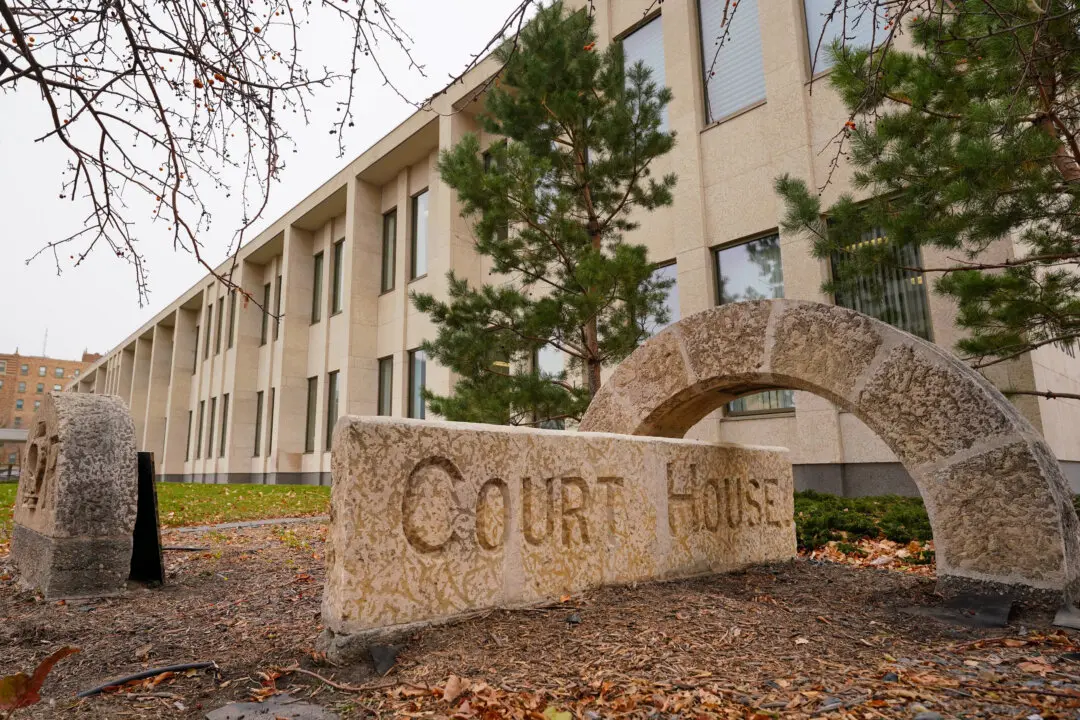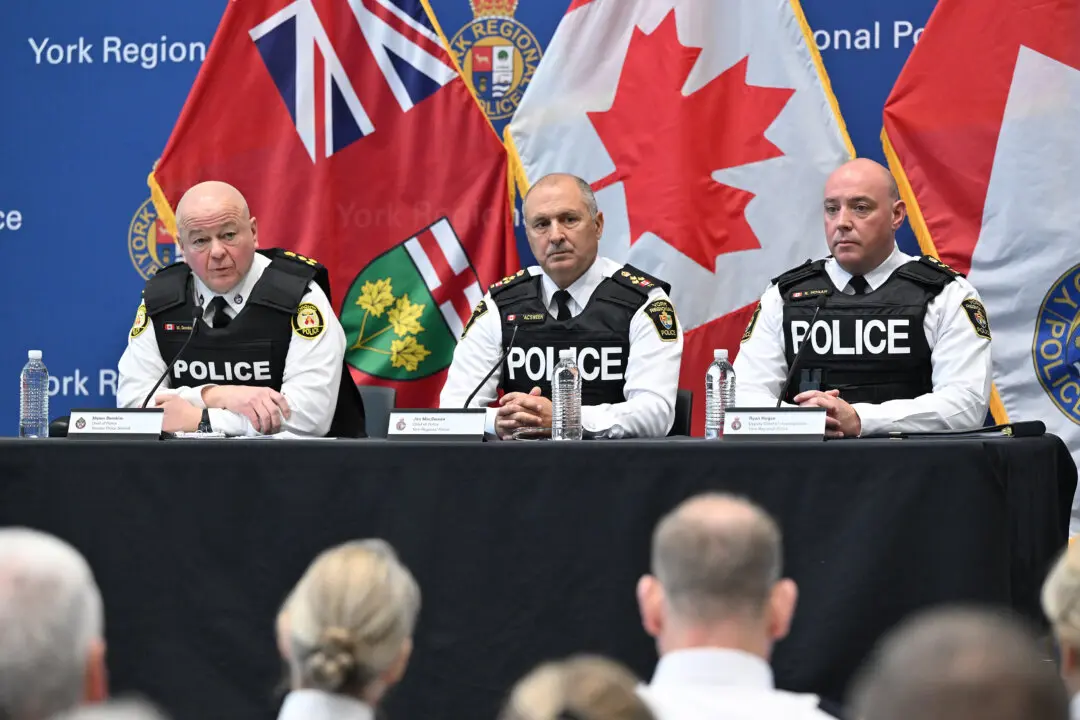Young Canadians are less likely to pick up an alcoholic drink on a weekly basis than their older counterparts, new data from Statistics Canada suggests.
The survey on recent alcohol consumption found that 67.1 percent of those aged 18 to 22 had not had a drink in the past seven days, compared to 54.4 percent of Canadians overall.





